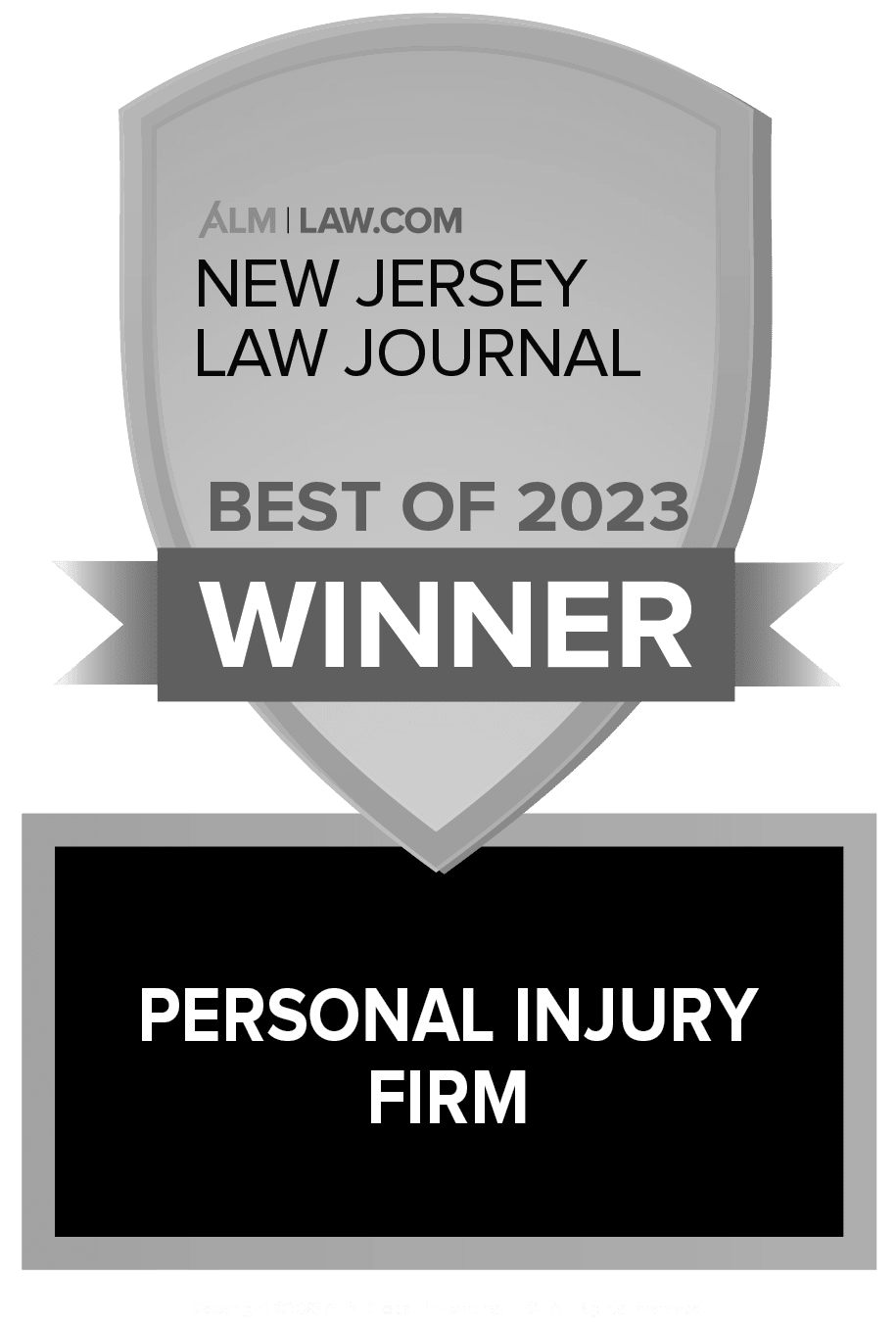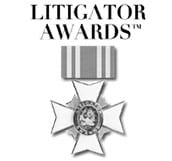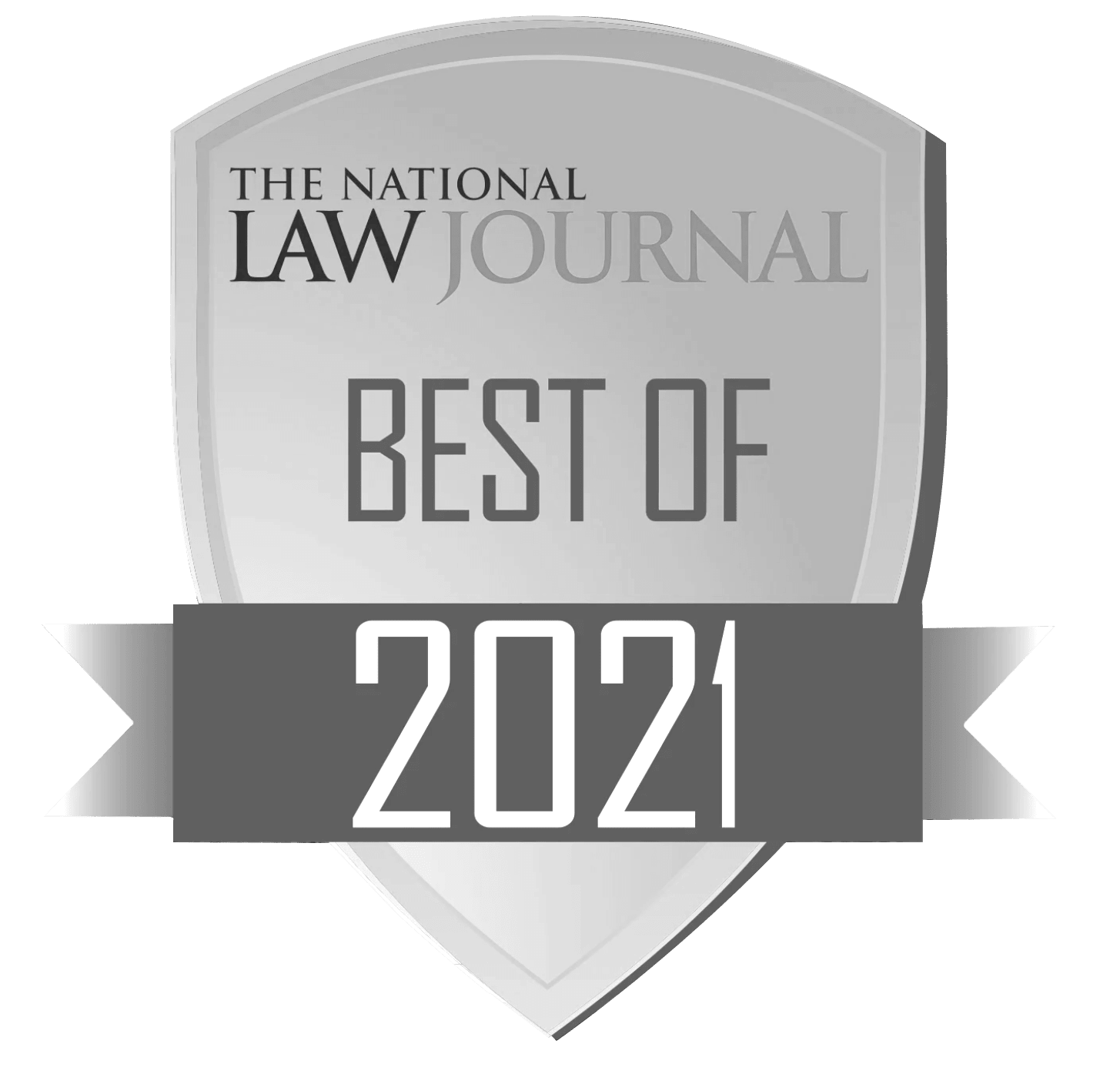FAQs for Opioid-Related Injuries and Medical Malpractice in NJ
New Jersey Medical Malpractice Lawyers Provide Answers to Frequently Asked Questions About Prescription Drug Injuries
In New Jersey — and in the United States at large — there is an opioid epidemic infecting our communities. Opioid-related injuries and deaths are on the rise and some of the blame can be placed at the feet of healthcare professionals. Healthcare professionals can be a source of the problem in a number of ways, including prescribing powerful opioids for conditions that do not require such treatment or, by overprescribing the dosage. This sort of medical negligence can give rise to dependency, and potentially lead to serious injury or death.
If you or a loved one have suffered an injury (or fatality) due to opioid use that was enabled by a prescribing healthcare professional in NJ, call Blume Forte Fried Zerres & Molinari at 973-845-4421 today to schedule a free and confidential consultation with an experienced New Jersey medical malpractice attorney.
Frequently Asked Questions (FAQs) About Opioid Malpractice
A: In New Jersey, and other states, legitimate claims for medical malpractice arise when the defendant healthcare professional has committed medical negligence. Medical negligence requires proof that the defendant violated an applicable standard of care. The standard of care varies substantially from case to case, depending on the circumstances.
In the context of prescribing opioids, medical negligence can be found where the defendant failed to consider the patient’s medical history and clinical circumstance or, where the defendant prescribed opioids instead of using safer alternatives.
A: In New Jersey, medical malpractice plaintiffs have a two-year statute of limitations period that typically begins to run from the date of harm. The statute of limitations serves as a deadline. If the deadline passes without you having filed a lawsuit, then you will no longer have a right of recovery in the courts. It’s, therefore critical, that you get in touch with a qualified NJ medical malpractice attorney as soon as possible after harm was caused by opioid use.
In some situations, the statute of limitations will not necessarily begin to run on the date of harm. For example, where the harm itself is not actually discovered until a later date, the statute of limitations will begin to run on the date when the injury is discovered, not when the malpractice happened. This is particularly pertinent in cases where dependence may not be diagnosed until years after the initial prescription.
A: Opioids come in a number of varieties and the confusion over what constitutes an opioid is heightened by the enormous range of brands on the medical market. The best way to evaluate whether a given prescription is defined as an opioid is to check the ingredients. Active ingredients that qualify as opioids include:
Codeine
Fentanyl
Hydrocodone
Hydromorphone
Meperidine
Methadone
Morphine
Oxycodone
And more
Of course, just because your medication is not technically an “opioid” does not necessarily mean that it isn’t dangerous and potentially addictive. If your physician or pharmacist negligently prescribed you any medication — opioid or otherwise — that ultimately caused you to develop a dependency, you may be entitled to bring an action for damages pursuant to medical malpractice laws in New Jersey.
A: In New Jersey, the courts have implemented modified comparative fault (otherwise known as modified comparative negligence). But what does this mean? Essentially, injured plaintiffs — in medical malpractice lawsuits and in other personal injury lawsuits — are entitled to recover damages, even if they contributed to their own losses. The modified comparative fault doctrine has one limitation: if the plaintiff is more at fault than the defendant (greater than 50%), the plaintiff can be precluded from recovery.
Suppose that you are addicted to opioids and you go “doctor shopping” for a physician who will prescribe the dosage you need without asking too many questions. You eventually find a physician who negligently prescribes the opioids without properly evaluating your need for such extreme treatment. Even though you sought out the physician, and therefore attempted to obtain an additional prescription, a Court may find the physician more at fault, for failing to be more careful in evaluating your condition. If, for example, the Court finds that you are found 30 percent at fault, then you would be entitled to damages, but the damage amount would then be reduced by 30%. If on the other hand, you are found 51 percent at fault, then you would not be entitled to recover any damages.
A: Punitive damages are sometimes awarded in New Jersey medical malpractice lawsuits, but they are capped at either a five-times multiple of the total compensatory damages amount or, $350,000 — whichever is the larger amount.
Punitive damage awards are not common in NJ civil lawsuits. They are awarded in cases involving willful, malicious, and egregious conduct by one or more of the defendants, with the intention of discouraging others from similar behavior in the future. Such damages are also meant to “punish” the defendant from egregious behavior.
In the opioid prescription malpractice context, if your treating physician was well aware that you already had an opioid addiction, but still continued to prescribe a high dosage of oxycodone, then it is possible that punitive damages may be available in your case.
Contact an Experienced New Jersey Medical Malpractice Attorney for a Free Consultation About Your NJ Opioid Injury Case
The attorneys here at Blume Forte Fried Zerres & Molinari have served the interests of injured plaintiffs in personal injury and medical malpractice lawsuits in NJ for nearly a century. We have a long track record of achievement that includes multimillion-dollar verdicts and settlements secured on behalf of clients, as well as recognition in prestigious national and regional legal publications. We are committed to providing clients with results-oriented legal advocacy. As such, we are not satisfied with merely proving the defendant’s liability. We believe that successful litigation requires that we obtain maximum compensation for our clients, given the circumstances.
Interested in learning more about your opioid-related medical malpractice claim in New Jersey? We encourage you to get in touch with us. Contact our office today at 973-845-4421 or fill out our convenient online contact form through our website to connect to an experienced New Jersey medical malpractice attorney here at Blume Forte Fried Zerres & Molinar for a free and confidential consultation.












